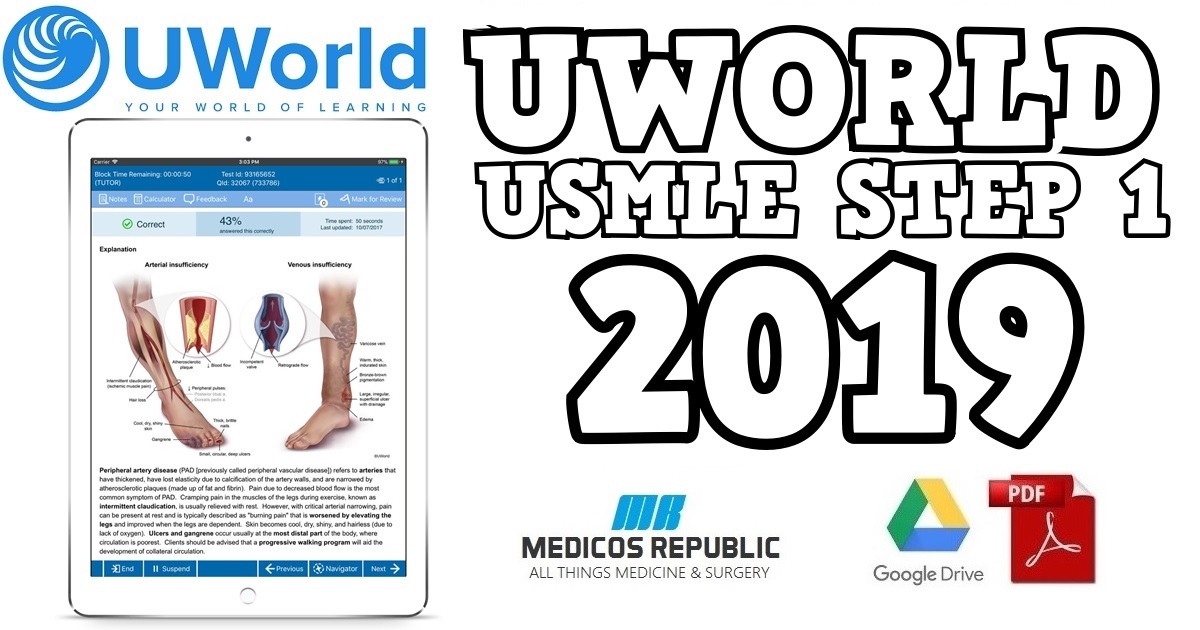

Among first year classes, the most heavily emphasized subject is Physiology.

This question is very important, as it will determine how much time you should spend reviewing each subject. What topics are more/less emphasized on the boards? Also, don't forget the basics of Biostatistics, as sensitivity and specificity and positive and negative predictive values are favorites for the USMLE and are easy points. By devoting the appropriate time and energy and utilizing the right resources, conquering all of these subjects will be well within your reach. Pathology is probably the most important single subject, since it ties in all of the other topics don't be daunted, though, because the preparation you have received in going through FCM and Pathology in the second year has provided you with a strong foundation when it comes time for Step 1 prep.

Anatomy, Histology, and Embryology are considerably less emphasized in Step 1, so spend less time studying them but please, please, please do yourself a favor and do not ignore any subject altogether.Īs for second year courses, spend the most time with Pathology, Microbiology, and Pharmacology. There are also a fair number of questions in Neuroanatomy/Neurophysiology, Biochemistry and Behavioral Sciences (including statistics!), so spend a decent amount of time on these subjects as well (see scheduling section below for more detail). In terms of focused studying for the boards, however, most students find that five-six weeks of 10-12 hours of dedicated studying per day is sufficient. It might be a good idea to slowly start incorporating Step 1 studying into your FCM studying, mainly by using First Aid (more on that later). The truth is that you started studying for Step I the first day of medical school, since this exam is basically a cumulative exam of the first two years. If you are very interested in specialty-specific Step 1 scores, you can check out Charting Outcomes in the Match for U.S. Overall, just keep in mind that while your score does matter, it is only one of many criteria that will help determine your success in matching at the residency of your choice, so keep things in perspective. If you are leaning towards a particular field(s), ask residents or attendings about the relative importance of Step 1.

The more competitive the specialty (i.e., Neurosurgery, ENT, Radiology, Dermatology), the more likely the scores will be used to screen students for interviews. It is however just one aspect of your application, which will also include your clinical evaluations, letters of recommendation, basic science grades, and Dean’s Letter. Residency programs do look at your USMLE scores as part of their evaluation of resident candidates.


 0 kommentar(er)
0 kommentar(er)
